Related Reading
Here are other valuable resources from our website that might help you find the information you need. Don’t see what you’re looking for? Please reach out to us directly.

Vancouver Council of Women & Counselors of Real Estate (CRE) Mini-Consulting Corps: Presentations and Support
December 2024
It’s been a very busy quarter! Throughout the winter, SSSBC proudly continues to present the importance of Temporary Housing, Housing Navigation and SHINE to generate awareness and support. As such, we presented at the Vancouver Council of Women’s monthly meeting, the CRE Mini-Consuting Corp and the Canadian Alliance to End Homelessness Conference in Halifax.
The CRE Consulting Corps is a public service program offered by The Counselors of Real Estate, focused on providing municipalities, not-for-profit organizations, educational institutions, and government agencies with real estate analysis, strategies, and action plans. As a part of this program, a volunteer group of Counselors of Real Estate (CREs) engaged with the Seniors Services Society of BC (SSSBC) during The Counselors of Real Estate Annual Convention in Vancouver.
Over several Zoom meetings, a work session and group work, the CRE Consulting Corps aimed to address seniors’ housing challenges through strategic problem-solving, focusing on creating or accessing an increased supply of temporary/emergency housing for seniors, leveraging the SHINE model and real estate partnerships, exploring alternative housing models, and determining if SSSBC should take a direct role.
In addition, SSSBC presented at the Vancouver Council of Women’s meeting in December. The council reported that the attendance was the highest they have had of their members (about 300 in total). We are grateful to the attendees who made generous donations for seniors in need and received 5 invitations to present SSSBC’s good work with other groups in Metro Vancouver.
In November, SSSBC was also thrilled to participate in the Canadian Alliance to End Homelessness National Conference in Halifax, dedicated to empowering policymakers, funders, researchers, advocates, community leaders, and front-line workers with the knowledge and resources necessary to address homelessness in Canada. The conference featured an extensive program with 93 sessions across 16 streams, delivered by numerous national and international experts. Covering a broad spectrum of topics, including reconciliation, Indigenous homelessness, chronic, veteran, and youth homelessness, as well as issues specific to women and 2SLGBTQ+ individuals, unsheltered homelessness, the right to housing, and the latest research, the conference engaged over 1,500 participants from various regions globally.
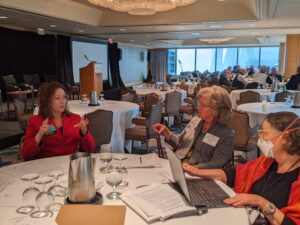
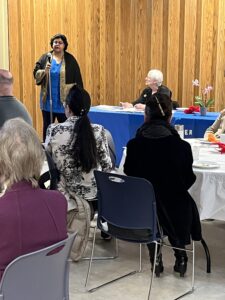
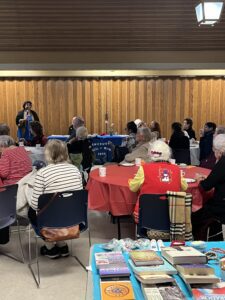
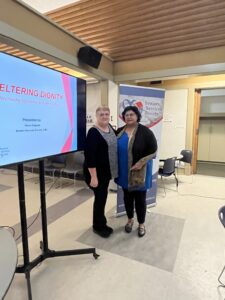
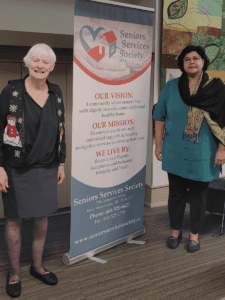
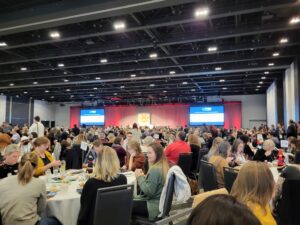
Thanks to the volunteers from Century House, an updated senior’s resource card is now available. The...
Read MoreWe are incredibly proud to share that our CEO, Alison Silgardo, has been awarded the...
Read MoreSSSBC was front and centre at the BC Non-Profit Housing Association’s April Regional Education, Networking...
Read More